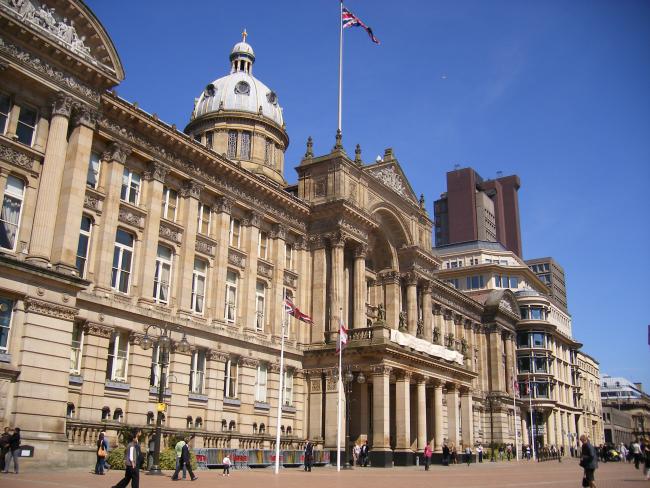Birmingham City Council is to stop all new spending, with the exception of money protecting vulnerable people and delivering statutory services. With the issue of a section 114 notice at the beginning of September the council said that it could not meet its financial liabilities; essentially it is bankrupt.
Birmingham is the largest local authority in Europe, serving over 1.1 million people. It has an annual expenditure of £3.8 billion and currently employs around 10,600 workers.
Threat
The government is sending in commissioners next week to run the business of the council. The threat to workers’ jobs and to services for the people of Birmingham should not be under estimated.
Simplistic analysis does not explain the situation or convey the inherent magnitude of the problem. And it’s not just Birmingham but councils throughout the whole country are at risk.
Blame
The council chief executive tries to pin the blame for the situation on female council staff winning their case for equal pay and their union failing to agree a settlement for that. Political opponents point to mismanagement, profligate spending on new IT systems or the cost of hosting the Commonwealth Games.
“Services will be reshaped.”
The council has cast doubt on all existing jobs with a “mutually agreed resignation scheme” announced the week before the section 114 notice. The council leader warns that services will have to be “reshaped”.
Unions have responded by saying that council workers should not pay for the mistakes of others, and that it should accept the need for revised job evaluation, which it has so far failed to do.
Dire
The problems preventing proper council service provision in Britain are long standing. They have been underfunded for 50 years or more. The austerity policies of the 2010 coalition government made a bad situation dire.
And since then increased demand for adult social care, a reduction in income from business rates and the impact of inflation have added to the pressure on councils.
‘Core services are already in a poor state.’
The statutory core services that the council says are protected are already in a poor state, as is the case in many councils across the country.
Cuts to other services which the council may deem as “inessential” are almost certain. The Birmingham council leader has already warned that “tough and robust decisions” are needed.
When the prime minister Rishi Sunak was in the West Midlands in July he was asked about the possibility of emergency funds to help the council. He replied that it was “…not the government's job to bail out the council for its financial mismanagement”.
Not alone
Birmingham is not alone. Other councils may go down the same road as Birmingham. Thurrock Council in Essex declared itself bankrupt in December, after failed investments and poor governance, following several others in the past few years.
And in Kirklees, West Yorkshire, the council needs to find £47 million savings. It is already looking at closing care homes, even before it does the same as Birmingham – with the issue of a section 114 notice because it can’t meet its liabilities.
Debt
While the immediate causes differ from council to council they share similar underlying structural problems, relying on a sharply increasing level of government loans. They spend huge amounts on debt interest payments; over £3 billion paid to the Treasury in 2022-23. In some cases interest payments are greater than spending on services.
Both debt interest payments and gross underfunding of essential services have contributed to the crisis in Birmingham. Better management would not necessarily have avoided the threat of bankruptcy – if not now, then it would have happened later.

